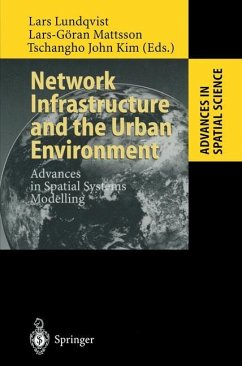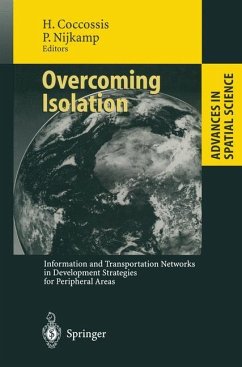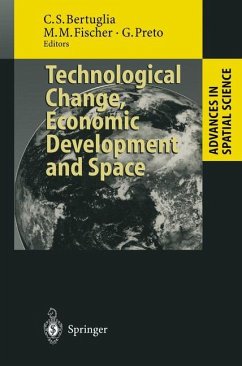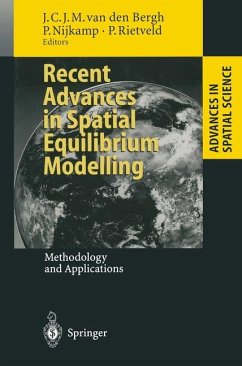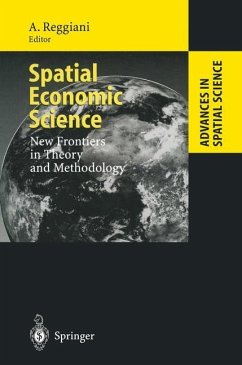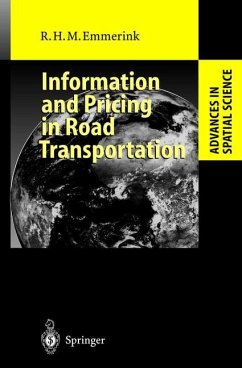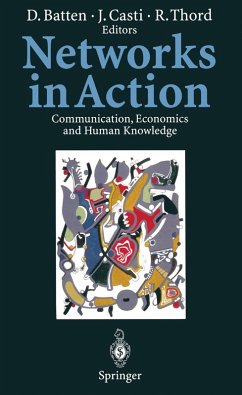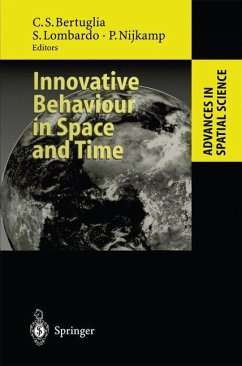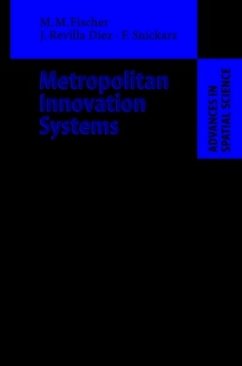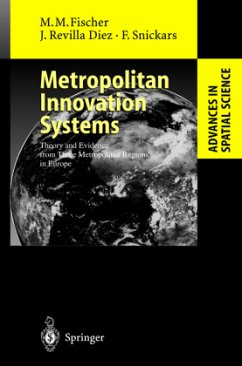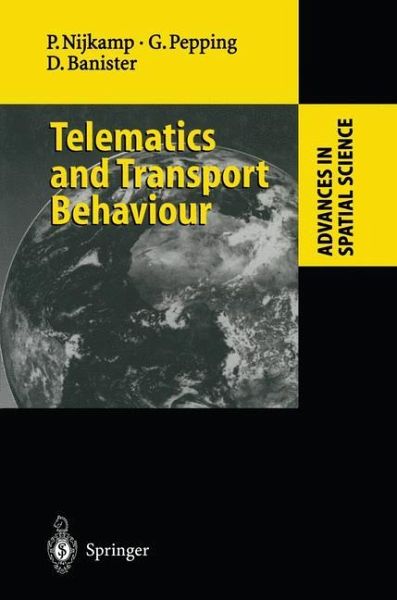
Telematics and Transport Behaviour

PAYBACK Punkte
39 °P sammeln!
A major strategy to reduce transport congestion and other social costs of transport is to ensure that travellers make the best decisions, based on real time information. A wide range of technological systems have been developed to provide this information, but little is known about how travellers actually respond to it. This book offers an overview of various transport telematics options and provides an appropriate methodological framework, followed by a presentation of results from actual applications of these telematics systems from a range of European countries in various transport sectors....
A major strategy to reduce transport congestion and other social costs of transport is to ensure that travellers make the best decisions, based on real time information. A wide range of technological systems have been developed to provide this information, but little is known about how travellers actually respond to it. This book offers an overview of various transport telematics options and provides an appropriate methodological framework, followed by a presentation of results from actual applications of these telematics systems from a range of European countries in various transport sectors. The empirical results are supplemented by analytical models and geographic information systems representations with a view on generalizing these findings and identifying the key parameters which determine user response.



